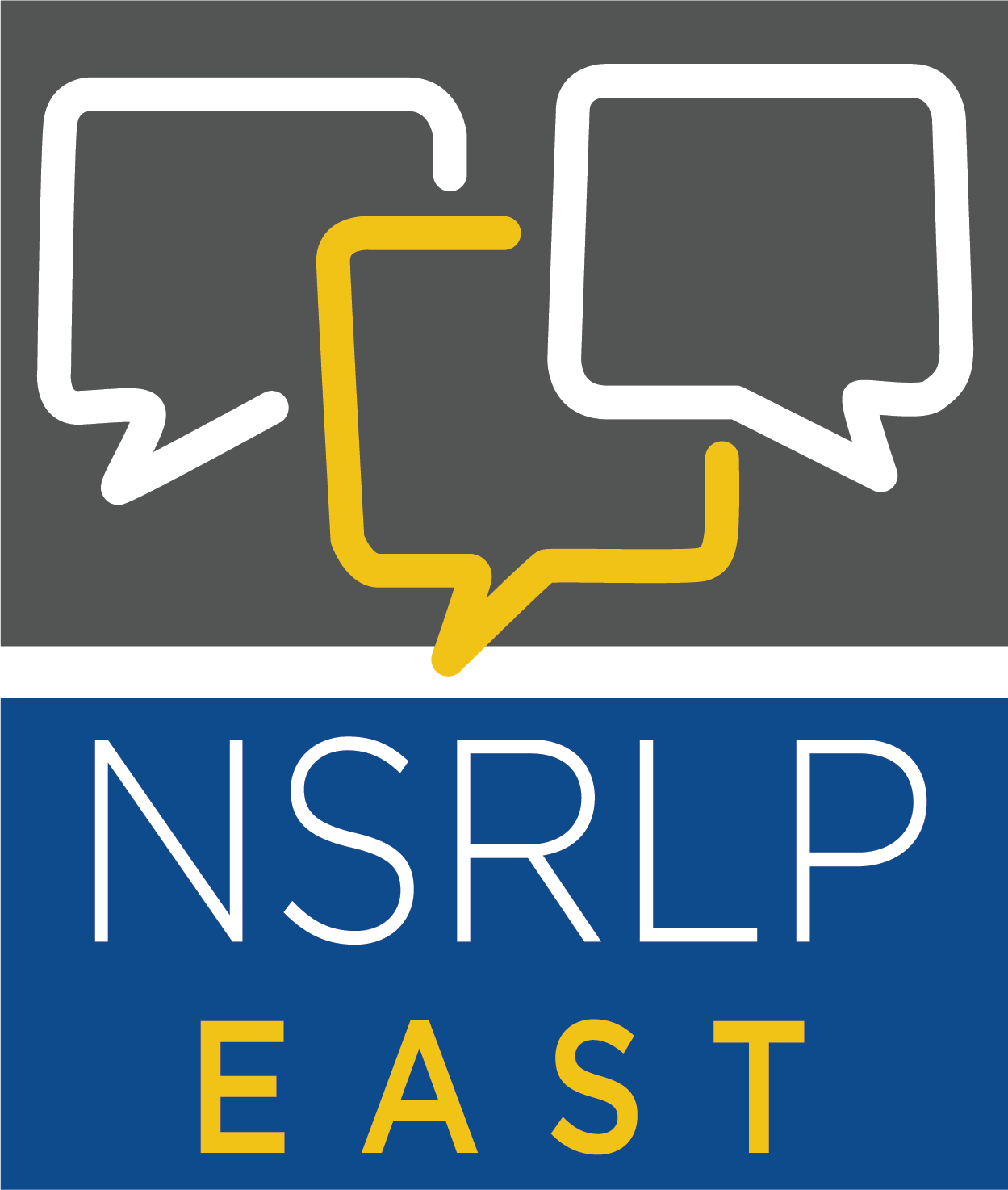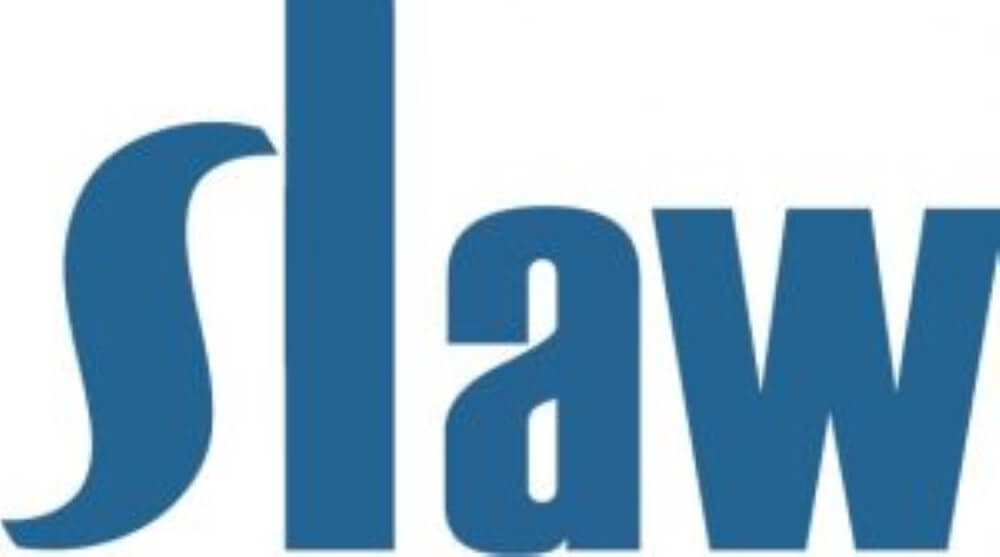 Written by Jennifer Leitch, NSRLP Executive Director and Dayna Cornwall, NSRLP Project Manager; originally published on Slaw, Canada’s online legal magazine. Blog originally posted on www.representing yourselfcanada.com
Written by Jennifer Leitch, NSRLP Executive Director and Dayna Cornwall, NSRLP Project Manager; originally published on Slaw, Canada’s online legal magazine. Blog originally posted on www.representing yourselfcanada.com
The world of legal services is changing. Whether everyone is onboard or not, it is no longer possible to deny the need for non-traditional delivery of services; a different attitude toward clients and justice-system users more broadly is needed.
Given the reality that the vast majority of litigants are no longer able to afford traditional services, there is a growing expectation that clients will be able to access alternative, lower-cost services. As well, changing social norms about the relationships between clients and service providers means that the public expects more collaboration, more respect for their knowledge, skills, and experience, and more transparency around procedures and costs. These are truths that legal system insiders have been slowly coming to grips with over the last few years. There is also more understanding than ever before that these shifts in the culture of legal services mean that law students must be prepared for new realities.
Education around access to justice issues is more prevalent than in previous eras. Unfortunately, many law students still claim they have received little in the way of education about the lived reality of the access to justice crisis and the nature of self-representation in Canada’s courts and tribunals. The education they do receive usually does not encompass the ways they might respond to this crisis in their own future practices. Once the scope of the crisis is understood, law students must next grapple with issues such as how to engage with opposing parties who are self-represented, how to provide alternative services that assist litigants with limited budgets, and eventually, how to adjudicate in a very different legal landscape. In this regard, there are both theoretical and practical issues to be explored as well as lessons to be learned. Law schools by necessity must engage with the organization and presentation of legal education as they consider access to justice generally, and self-representation specifically, in the classroom.
In many respects, legal education in Canada has remained the same since Confederation. The curriculum and approach to doctrinal teaching at most law schools remains steadfast in a commitment to various core legal subjects. This is particularly true of the first year of law school. The second and third years allow students to explore different interests and legal contexts. More recently, the inclusion of experiential learning opportunities provides students with important avenues to explore elements of the practice of law. And the addition of courses that speak to Canada’s historic and ongoing relationship with Indigenous peoples signals a recognition of the need to tackle the role and responsibility of law and lawyers in contemporary Canadian society.
However, as the legal profession faces a series of issues that challenge its legitimacy and continued authority, there is an ongoing need to expand the conversation about who lawyers are and who they should be in the world. Recently, we raised these difficult questions in the context of an intensive course around self-representation at a law school in Canada. Students were asked to consider the nature of access to justice; the realities and causes of self-representation; the ethical questions engaged in the context of access to justice and the nature of reform of the delivery of legal services; and the role of the lawyer and the judge in the administration of justice. Over the span of three days, the students engaged in a variety of discussions that challenged their notions of what the concept of access to justice means in theory and practice, and considered in detail the realities of existing power imbalances within the legal system. The objective was to move away from doctrinal and traditional legal academic sources and engage more actively with empirical research and information that allowed the students to better understand how the justice system impacts groups as well as individuals.
Central to this consideration was developing an understanding of the role of lawyers and the legal profession in the operation of the justice system. This approach is consistent with a commitment to bolstering participation and meaningful exchanges between those who engage with the justice system and those who administer it and operate within it. This culminated in an opportunity for the students to speak directly with self-represented litigants (SRLs), who shared their experiences, struggles, and lessons learned in the legal system. In some respects, these were raw and at times difficult conversations. The impact of the SRLs on the students was significant. Though the students had been receptive to broader conceptualizations of access to justice (beyond delay and costs), being confronted by the embodied reality of self-representation made them reflect in new and important ways. The reality of self-representation was humanized and made concrete in the stories told by individuals who had not wanted to participate directly in the legal system but found they had no other choice.
Facilitating exchanges between justice system users and those who will enter the system as professionals encourages the development of a new language of law consistent with Janice Gross Stein’s call for a new legal vernacular that is reflective of citizens’ concepts of justice and fairness. For a justice system to maintain the respect of its citizenry as well as its legitimacy it is important that it continuously considers important questions of justice as understood by the people it serves. Lawyers as gatekeepers and stewards of the justice system have an important role to play in this regard and thus, must make efforts to ensure that the system they effectively administer keeps stride with the public’s needs. Throughout the intensive course this philosophy precipitated deep and thoughtful discussions on the ways in which these issues and realities would impact the law students’ future careers and the legal profession more broadly.
Though admitting some discomfort with the realities of the self-represented litigants’ experiences and the impact those experiences had on these individuals, the responses from the students (both to the SRLs and to the course generally) were positive. This is very much in line with the feedback and expressions the NSRLP has encountered from other legal professional groups who have spent time engaging with self-represented litigants. In a similar program, lawyer candidates in TMU’s Law Practice Program (LPP) were given context for the SRL phenomenon, and then provided the opportunity to interact directly with former SRLs as well as individuals currently representing themselves in the civil justice system. It is this interaction in particular that appears to have the greatest impact on changing the perspectives and understandings of future lawyers. Encountering real life examples of how the legal system has impacted specific individuals, particularly those without the means to hire a legal representative, is a powerful learning aide. (See NSRLP’s March 2022 podcast episode, “A New Generation of Lawyers” for more on the impact of the LPP course.)
The impact of this approach to legal education on topics of access to justice suggests that there is an appetite among law students and new lawyers for practical, research-based, and experiential learning on access to justice issues. This includes an engagement with a variety of sources of information that serve to contextualize the place of law in society and ground the impact that law has on those who seek its assistance. For those students about to enter the profession it is important that they understand both the nature of the challenges that face the field of law, as well as their ability and power to shape the profession going forward. Having engaged with justice system users directly, they are now in a position to consider what is core about law and must be protected, as well as how law may change to respond to new realities.

